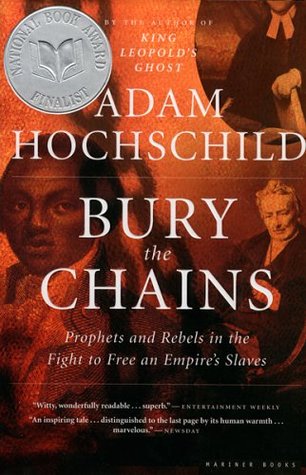Gut punch: What you mean by balance versus what I mean.
When most people say they balance their sustainability actions, they mean balancing their values or feelings. When they call me extreme, I believe they think I’m acting to one extreme of a spectrum. But I act balanced too, just not only considering myself. I balance my interests with how my actions affect others: people our money would displace from their land for resources, people our money would cause to breathe and ingest toxins, people our money would drown in plastic and other waste, and so on.
Yesterday, I suggested measuring your sustainability efforts by your effects on others, not how hard you feel you’re trying, which motivates inflating the difficulty of acting sustainably, as if not flying was impossible, or not air conditioning at your slightest whim.
Let’s continue that line.
People who haven’t yet learned that acting sustainably brings joy, saves money, saves time, and improves your life talk about balancing the “effort” of acting sustainably against some benefit. What benefit? For most people, I think the benefit is abstract, as the media, scientists, politicians, and everyone talks about effects disconnected from people’s lives. So they balance “work” they can feel in the moment against “doing the right thing,” with little emotional connection.
The more they feel they’re “working,” the more they’re doing the right thing. Perfect! They can feel great about doing little.
By comparison, they see me as extreme, since I’m not balancing the “work” they’ve conjured up and inflated. Let’s leave out for the moment, that what they call “work” or “taking time, money, and resources they need to live” is accepting a way of living they don’t have to. If they are Americans, it’s leading to them 80 percent likely to be obese or overweight, diabetic, heart disease-ridden, stroke-likely, spending time and money on stuff they don’t value, isolated, polluted, low sperm count, birth defect-likely, and so on. The rest of the overindustrialized world is catching up.
Whom they’re leaving out
If their feelings were all that mattered, I’d support this line too. That situation arises with, say, exercise. If you don’t exercise, that’s your business. Sure, to some extent Americans’ poor fitness raise insurance rates and risk national security, but I see pollution’s harm as more direct and greater.
Other people and wildlife can’t defend themselves from the actions of a polluter. You can’t buy takeout, a plane ticket, or a car without hurting people. Leave people you affect out of the picture and you look extreme to me, extremely myopic. I don’t have it in me to put my head in the sand and act as if I’m not funding needless pain and suffering.
Here’s a picture of podcast guest Adam Hochschild‘s book, Bury the Chains, about British abolitionists around 1800, who inspire me for adopting this view regarding plantation-made sugar, molasses, rum, and so on. Their peers all saw them as extreme too. Today we, or at least I, see them as visionary and the people who funded plantations extremely cruel.

I intend to keep following their lead. Is there any doubt that future generations will look at those of us who just accept the current system, bigger and causing orders of magnitude more suffering than the Atlantic slave trade, as extreme as plantation owners and buyers of their goods?
Here’s a picture of podcast guest Eric Metaxas‘s book on William Wilberforce, one of the major actors in that movement. I recommend both books, though I’d start with Adam’s.

Read my weekly newsletter

On initiative, leadership, the environment, and burpees